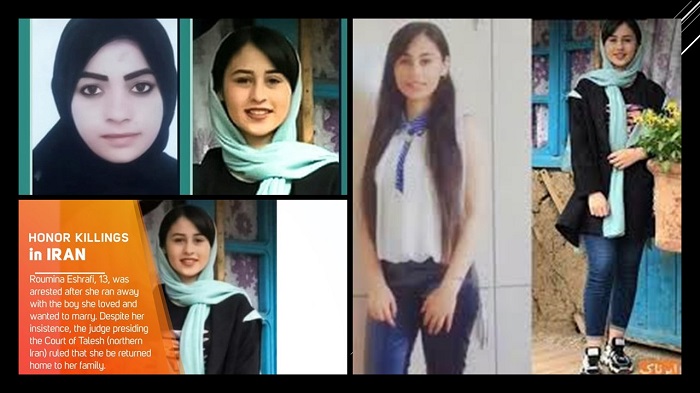
The National Council of Resistance of Iran (NCRI), and the People’s Mujahedin of Iran (PMOI / MEK Iran), reported that one of the worst violations of human rights in the world is violence against women. It has not, however, been made illegal in Iran.
punishment of murderers is ineffective
The laws governing the punishment of murderers are ineffective, granting them unique advantages and allowing them to kill with impunity.
Mobina Souri, a 14-year-old girl, was strangled with her headscarf by her husband, a young cleric, on August 30 in the Suri district of Lorestan Province in western Iran.
Mobina Souri was a victim of underage marriages, which are becoming increasingly common in Iran. Her death was caused by unfounded accusations that she was having an affair. The girl’s relatives and in-laws initially assumed it was a suicide. Nonetheless, further investigations revealed that she had been murdered. Finally, her husband admitted to murdering her.
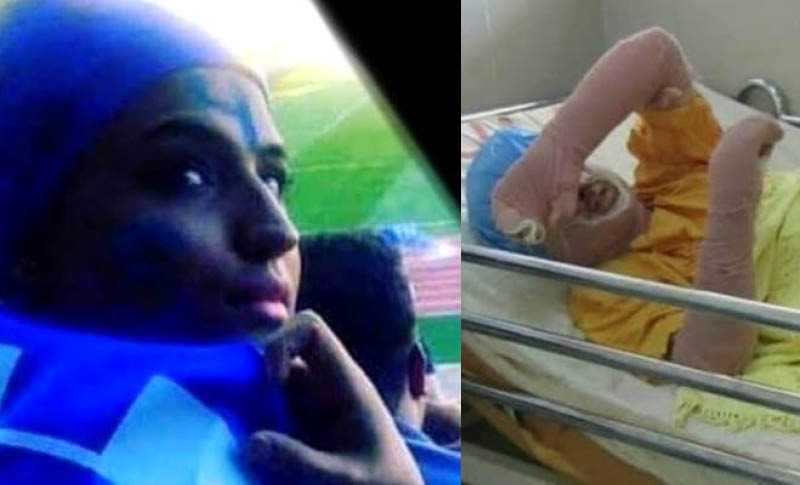
Sabri Nalbandi, 24, was assassinated
Sabri Nalbandi, 24, was assassinated by her husband in Takab, West Azerbaijan Province, northwestern Iran, on August 21. Her husband set fire to the house to hide the evidence of his crimes.
Sara Pirzadi’s cousin shot her to death on August 8 for marrying another man.
Reza Ahmadian, 42, opened fire in a garden in Sanandaj on his wife and her family on August 6. Shilan Mondami, 24, had been married to Reza since he was 14 years old, but they had no children. She had requested a divorce.

Honor killings in Iran
Bayan and Sahar Mohammadi had been murdered by Bayan’s husband two weeks prior.
Honor killings in Iran are publicly described as the result of “family differences,” according to a women’s rights activist.
Honor killings in Iran have been documented for decades, but Rezvan Moghaddam doubts this premise. “This is just an attempt to hide the truth,” she argues. What is the family difference between a father and his 13-year-old daughter, or a sibling and his older sister, for example? These discrepancies are due to a variety of factors.
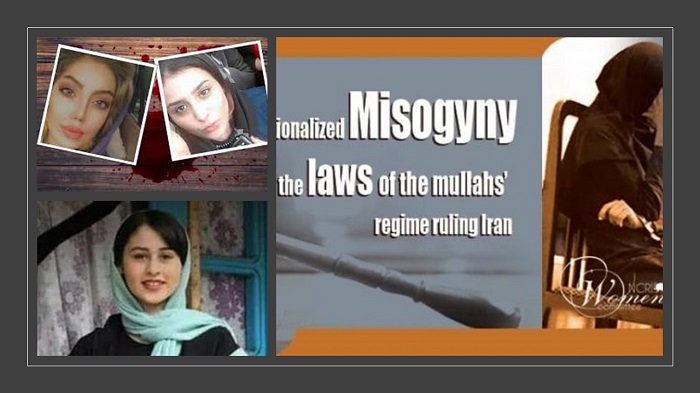
Divorce is viewed as a disgrace by the family
“In some cases, divorce is viewed as a disgrace by the family. To preserve the family’s honor, male relatives assassinate a lady who seeks a divorce. This is explained once more under the heading of “family differences.”
“Some of their fiancée’s murder women who refuse to accept their proposals. These killings occur because the man believes he owns his fiancée’s body. He considers her unfavorable response to be an insult to him. Honor killings, I believe, are motivated by a sense of ownership over a woman’s body and life, and any murder motivated by this sense of ownership is deemed an honor killing.”
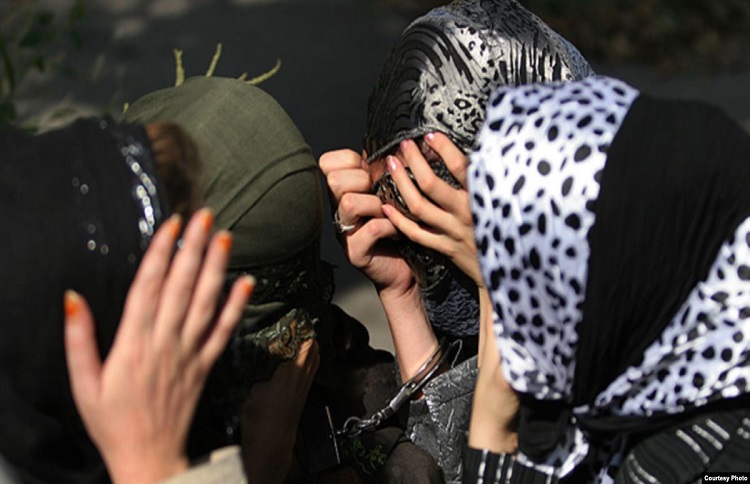
Violence against women
“In general, the Iranian government sanctions violence against women,” Rezvan Moghaddam said. The state media distort the news of the murder of women. Violence against women is not criminalized. A lack of safe shelters for battered women and a lack of sound judicial investigations have made life very difficult for women. The statistics on violence rise by the day, and one can palpably see the collaboration among the political, legal, and patriarchal regimes against women.”
A review of Iran’s women’s laws finds that the country’s legal system does not regard women as self-sufficient human beings due to their gender. According to Moghaddam, this viewpoint consistently offers legal justification for violence in all forms, particularly the murder of women.
The legal system aids patriarchy and regressive traditions in persuading society that women must be owned.
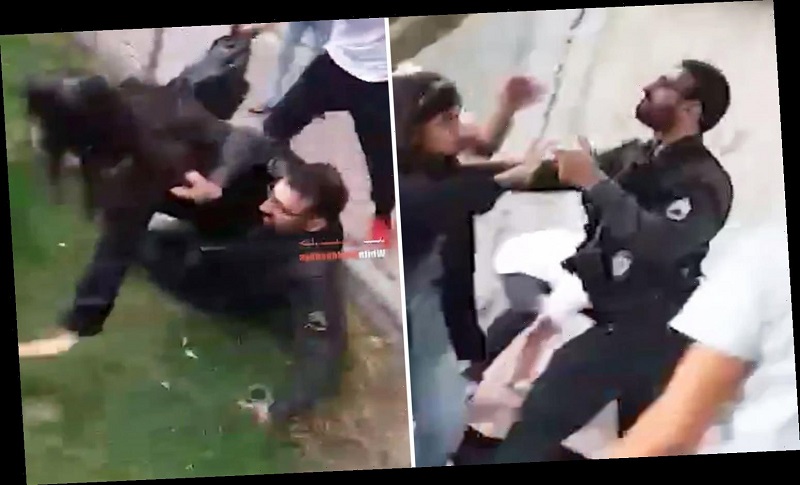
Daughters murdered by their fathers
When looking at Article 301 and the vast number of daughters murdered by their fathers, it becomes clear that the majority of these murders are committed to preserving the father’s dignity.
The Islamic Punishment Law’s articles 612 and 630 deal with women. In these articles, the judiciary is held blameless and the killer is given legal authority. As a result, patriarchal attitudes and reactionary traditions provide legal reasons and license for violence against women.
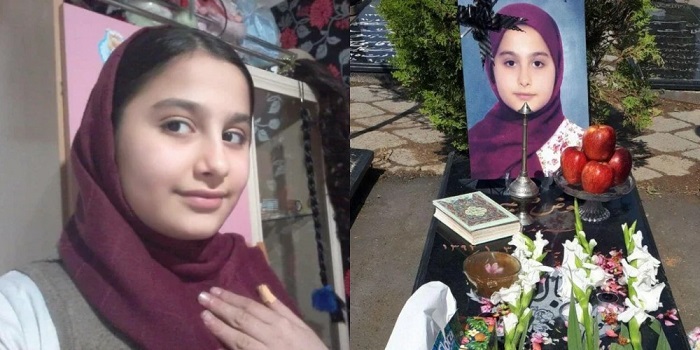
Follow Maryam Rajavi’s on her site Twitter & Facebook and follow NCRI (Twitter & Facebook)
and follow NCRI (Twitter & Facebook)
MEK Iran (on Twitter and Facebook)
and People’s Mojahedin Organization of Iran – MEK IRAN – YouTube







